What is PPR Fantasy Football? How to Distinguish PPR Fantasy Football?
Fantasy football is really an exciting sport and can make you feel as excited as you are watching a real game. However, it also has unique rules and scoring methods. One of those styles is point per reception, also known as PPR. So what is ppr fantasy football? Let’s find out with Scott Fujita!
Contents
What is PPR Fantasy Football?
PPR is an acronym for “points per reception”. It’s as simple as it sounds. Because, for every catch a player on your fantasy team accumulates, you earn one point.
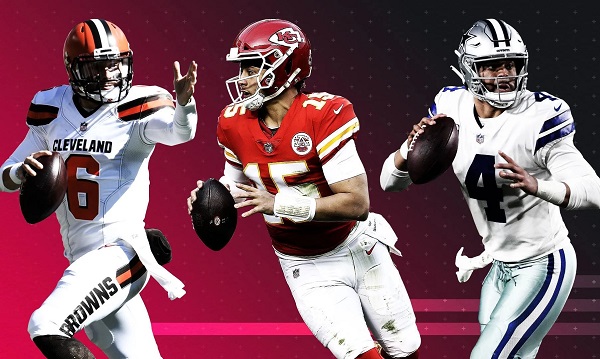
In PPR leagues, you can earn fantasy points per reception.
Now, not all PPR tournaments are created equal. Some leagues assign different point values to each reception, ranging only from 0 to 1. Make sure you check with your league manager to see a reception worth how many points before you start, as it will change your approach
For the purposes of this tutorial, we’ll assume that one reception is worth one point.
Get to know more about fantasy football
1. Fantasy football basics
In fantasy football you can compete with your friends by having real life soccer players on your “fantasy” team. You get these players on your team by outlining them or trading them with others.
The goal of fantasy football is for you to score more points than the person you’ll be playing against weekly. Fantasy seasons are typically 16 weeks long, and you have the knockouts for the fantasy season in the final weeks of the regular NFL season. You’ll love my list of funny fantasy football names.
2. Scoring in Fantasy football
Each player you draft earns points for your team based on how they played in the actual game. However, scoring in fantasy football is not uniform and depending on your league, different innings may have different values.
For example, touch, score, interception, clearance and safety can all have different score values depending on the league. Since the tournament rules are what determines the scoring, everyone will draft and trade based on their own league rules.
3. PPR scoring
In a fantasy league, there are many different options for how players earn points, but one of the most important is PPR. PPR stands for Point Per Reception, and means that every time a player receives (catches) the ball, they get a point. This change often results in PPR tournaments scoring much higher than a standard tournament and shifts the focus on players.
In a PPR tournament, players will often target players who receive a lot of treats. PPR makes wide receivers much more valuable because of this, while back runners who regularly receive the ball also get a boost.
4. PPR players
One type of player that benefits the most from PPR is the wide receiver that may not get many yards or hit the ground, but get plenty of catches. Also, back runners who mainly catch the ball, known as ball receivers, have a higher value as well as receive the ball not getting as many yards or a chance to score a touchdown in the end area, but get many catch the ball.
While PPR makes wide ball collectors more valuable, back runners are still the most important player on your imaginary team because the top back runners often receive the ball and run it, allowing them to get points when they receive the ball.
The differences from point per reception PPR vs standard scoring system
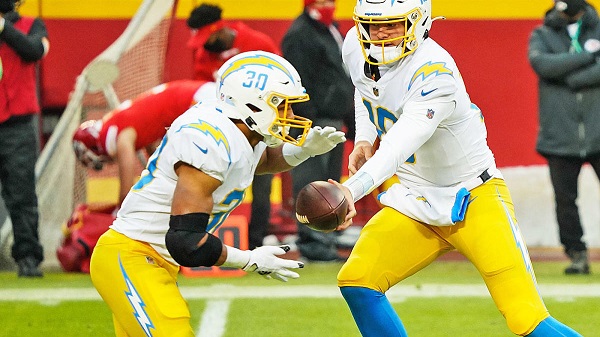
There are many things you need to know about PPR leagues and fantasy football.
Of course, there are pros and cons to both point-per-acquisition (PPR) and standard scoring systems, but it’s important to understand the differences.
1. Standard scoring system
First, we’ll look at how the standard score is calculated. As the name suggests, this set of rules has dominated much of the fantasy football world in the modern era. The basics include one point for every 10 yards of receipt achieved, six points for a receiving touch, one point for every 25 yards passed, and four points per volleyball touchdown.
In essence, standard scoring is heavily skewed towards prized touches, which can be good or bad. Obviously, the goal of football is to score goals, so that should be reflected in the fantasy. Touches, on the other hand, are difficult to predict.
2. Points per reception scoring system
Points per reception (PPR) tournaments add up one point for each reception made, with an emphasis on receiving positions (running backs, wide receiver and tight end).
NOTE: When PPR is selected, points will be awarded to the player (running backs/wide receiver/tight end) who catches the pass. This is an all-or-nothing setting, i.e. PPR cannot be restricted to a single location (e.g. wide receiver only).
If the best quality of standard scoring is its simplicity, then PPR is “arcade mode” style scoring. Basically, every position in the PPR league scores more points than the norm.
Some people don’t like PPR because it can reward players who catch a pass and get a negative number of yards or not, which doesn’t help real-world soccer teams. An alternative that is gaining traction in the fantasy community is to score half a PPR, which gives half a point per admission and possibly a good GPA.
Frequently asked questions
1. What is the best position to play in a PPR fantasy football league?
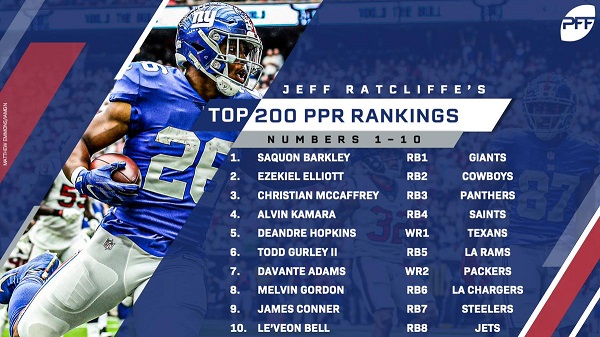
Running backs are the best position in PPR leagues.
The best players in a PPR-based league are usually the ones who put the ball wide and run back to catch (running backs). In a PPR tournament, you want the recipient to be their team’s number one pick. This means the receiver will get the most goals (throw the ball to them) per match.
View more:
2. What is the detailed PPR fantasy league scoring system?
Starting lines
The leagues currently host three different types of lineups, all of which feature PPR scoring. The most popular format is Original.
- Original
Each starting lineup will initially contain 10 players. 1 quarter back, 2 running backs, 3 wide receivers, 1 tight end, 1 Flex (RB / WR / TE), 1 kicker, 1 defensive player.
- Deep
Each Deep starting lineup will include 11 players. 1 quarter back, 2 running backs, 3 wide receivers, 1 tight end, 2 Flex (RB / WR / TE), 1 kicker, 1 defensive player.
- Superflex
Each Superflex starting lineup will include 11 players. 1 quarterback, 2 running backs, 3 wide receivers, 1 tight end, 2 Flex (RB / WR / TE), 1 kicker, 1 defensive player (quarterbacks can be started at 1 Flex).
- Dynamic
Each Dynamic starting lineup will consist of 9 players. 1 quarter back, 2 running backs, 3 wide receivers, 1 tight end, 2 Flex (RB / WR / TE).
- Dynamic superflex
For the Dynamic SuperFlex starting lineup, it will contain 10 players. 1 quarter back, 2 running backs, 3 wide receivers, 1 tight end, 3 Flex (RB/WR/TE). (Can start QB at 1 Flex).
In most formats, the ‘Flex’ position is met by any qualified back-end, wide receiver or terminal. In Superflex, the ‘Flex’ position is filled by any qualified midfielder, running back, wide or narrow. Bench points will depend on the type of tournament.
Owners can change their starting lineup up to each player’s starting time. Once a game has started, players participating in that game are locked into their slots.
Final Thoughts
Through this article, we can better understand ppr league meaning and ppr scoring. Remember, every passing touchdown and receiving touchdown you receive will score points. Plus, you also know more about what are the different types of fantasy football leagues. These are all interesting pieces of knowledge that can help you enjoy the fantasy football game in a more interesting way!

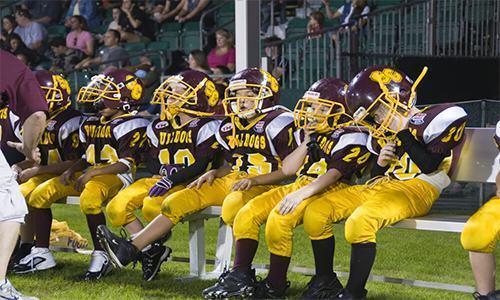
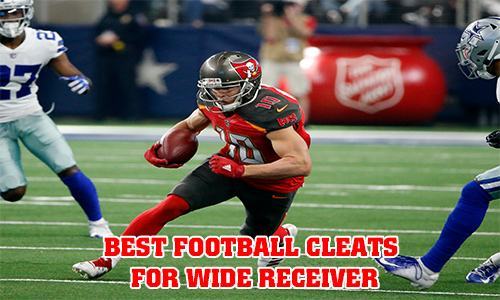


![[Top Rated] 10 best football gloves with best grip 2025 5 best football gloves 2021](https://www.scottfujita.com/wp-content/uploads/2021/03/best-football-gloves-2021.jpg)
![[Lastest Update] Top 10 Best Soccer Cleats For Kids 2025 6 Best soccer cleats for kids scott fujita](https://www.scottfujita.com/wp-content/uploads/2021/03/Best-soccer-cleats-for-kids-scott-fujita.jpg)




![[Top-Rated] The Best Basketball Shoes For Ankle Support 2025 11 best basketball shoes for ankle support scottfujita](https://www.scottfujita.com/wp-content/uploads/2021/07/best-basketball-shoes-for-ankle-support-scottfujita.jpg)




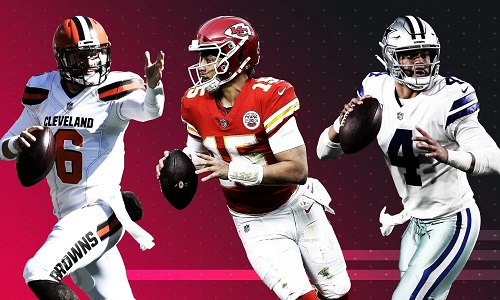


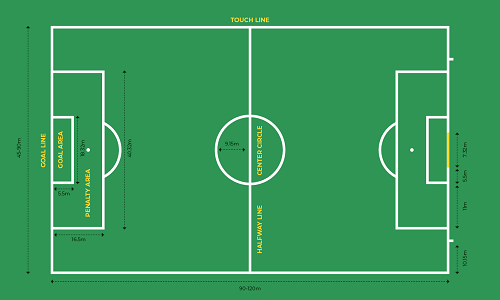

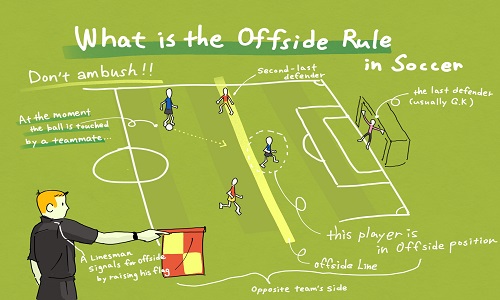
![What Are The 5 Positions In Basketball? [And Their Roles] 29 what are the 5 positions in basketball scottfujita](https://www.scottfujita.com/wp-content/uploads/2021/10/what-are-the-5-positions-in-basketball-scottfujita.jpg)






![Top 10 Best NBA Centers Of All Time [2024 Updated] 36 best nba centers of all time scottfujita](https://www.scottfujita.com/wp-content/uploads/2021/12/best-nba-centers-of-all-time-scottfujita.jpg)
![The Best Football Mouthguard 2024 [Reviewed & Compared] 37 best football mouthguard scottfujita](https://www.scottfujita.com/wp-content/uploads/2021/10/best-football-mouthguard-scottfujita.jpg)